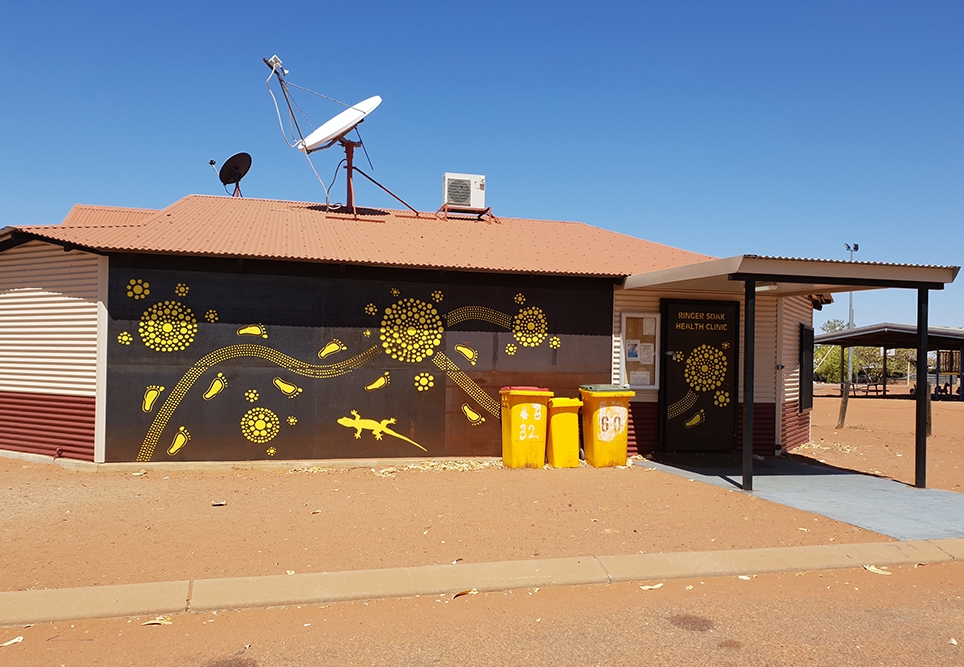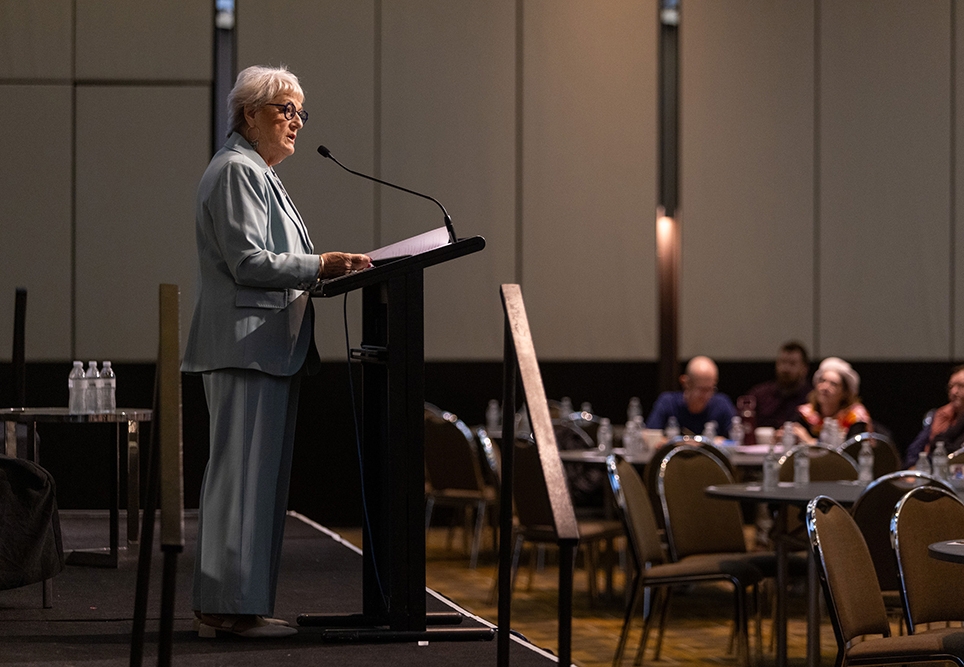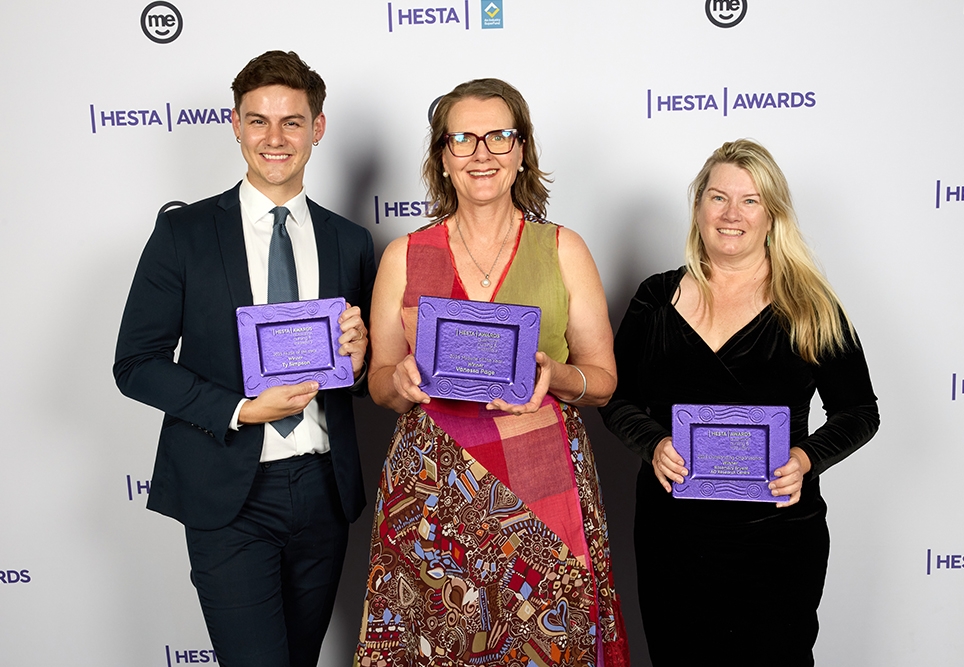How should I select my research topic?
When doing any research, whether as a short project or for a lengthy PhD, it is important to direct your focus to an issue that you find interesting (better still, one you are passionate about), and that you think would allow new knowledge about that issue to be generated.
A bit like Goldilocks, you need to ensure that your topic is not too broad but not too narrow. If the topic is too broad, there may be too much information to consider, which can be overwhelming, and if too narrow, not much at all! Be flexible and consider the aspects of the topic that interest you to help to refine it to a more manageable size.
Talking to professional “critical” friends or peers may help you to gain the focus you need, that “sweet spot”, that will provide the scaffolding for your research question and initial literature review.
Dr Ann Aitken PhD
Should an undergraduate jump straight into research or gain experience first?
I think students and new graduates should be involved in research as participants (we need to understand their experiences) and as assistants.
Undergraduates have well developed skills in literature searching and writing and they can facilitate the collection of data and assist with analysis.
Real-world experience is often beneficial in a practice-based profession such as ours but skills in research can be developed independently. After all, research is about presenting data that reflects the participants’ perspectives rather than the researcher’s.
Dr Kylie McCullough PhD
The world of practice is very different to the world of research – if I’m new to research, how can I develop a research skill set?
I would argue that evidence-based practice shows that clinical practice and research are not that dissimilar. As no two patients/clients/consumers/communities are the same, any interventions or treatments we use are not based on a gut feeling but an understanding of research.
A clinician wanting to move into formal research will likely find it easier to use true clinical problems to generate research questions and projects. Methodologies that involve clinical partnerships, with translational intervention focus and measurements of outcomes, work well with clinical practice questions.
Having practitioner and consumer involvement in the design and conducting of the research is crucial, so look at action research, nominal group technique and the like. Start small to find your feet and work with an experienced researcher as a guide or mentor.
Many health services have research staff who can help, or you can ask academics at your local university. Most are very happy to support beginning researchers.
Dr Matthew Mason PhD
The pathway into research is not always well understood – as a nurse, how can I undertake research as part of a Masters degree?
My understanding of the pathways into research is that you can enrol in a masters with a research major (such as an MPhil), or do a Grad Cert of Research Methods then go straight into a PhD.
I’ve met many incredibly dedicated and passionate health professionals who work full time in their clinical roles while doing an MPhil or PhD in their own time. However, if you’re like me and recoil in horror at the thought of committing four to eight years of your elusive ‘free time’ to a project, another option is to find employment as a research officer and use the research project you’re carrying out for your employer as your MPhil thesis.
My main tip is that research is hard work but rewarding, so make sure you choose a topic that you’re passionate about!
Laura Wright
What is the career pathway for a nurse and/or midwife who would like to establish a research career in the remote health sector? Any advice to aspiring nurses/midwives?
Remote area work is full of unanswered questions. Research that is based in industry asks tangible, real life questions. Remote practitioners who want to answer questions can do so within a range of pathways including honours (one year full time, two years part time), masters by research (or traditionally known as masters of philosophy) – 18 months to two years full time and double that part time. Or of course a PhD. There are also course work masters that give students the option of doing a small research project. The biggest challenge is to find a university and a supervisor who will support your topic or area of interest and have time and capacity to support the student.
Find something you are passionate about. If you want a PhD the best route is via an honours degree and try to get a publication with you as first author. If you have honours (1st class or 2A) and a publication as first author, you are more likely to get a scholarship to do a PhD.
Professor Sue Kruske
What is the pathway for a nurse or midwife undertaking a PhD? Do you have any advice for nurses/midwives?
I’m an RN and I gained entry to a PhD through an integrated PhD pathway at Edith Cowan University. The integrated coursework prepares you to be a researcher and then finishes up with a research project that sets you up for entry into your PhD. Another pathway is doing a masters of philosophy first.
My primary supervisor said at the beginning of the journey that PhDs aren’t about intelligence. People who complete are persistent. I still need to work full time and care for my family so I am being realistic and doing my PhD part time over a very long duration.
Fiona Hildebrand
Additional research advice









